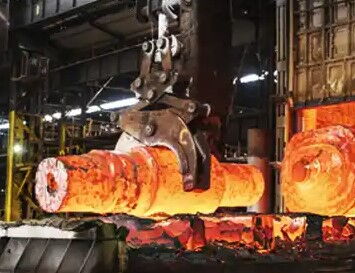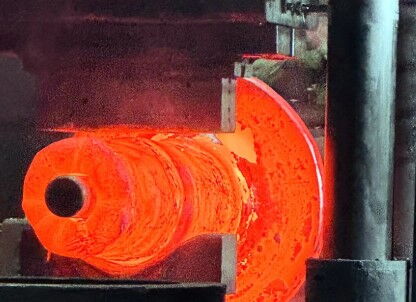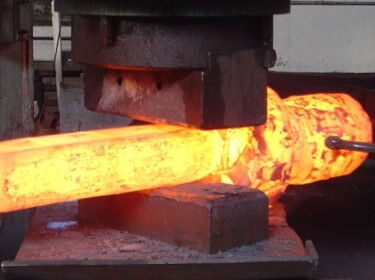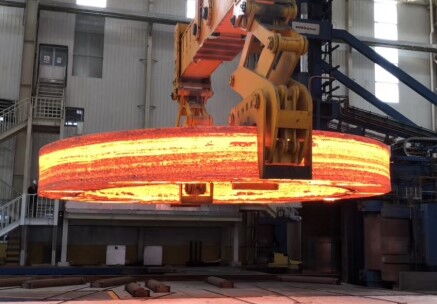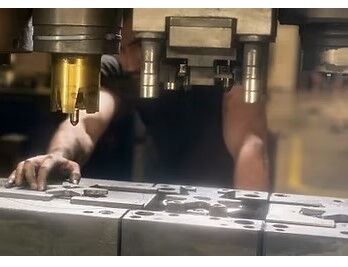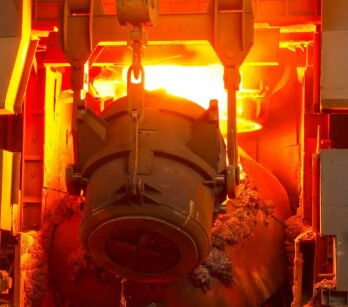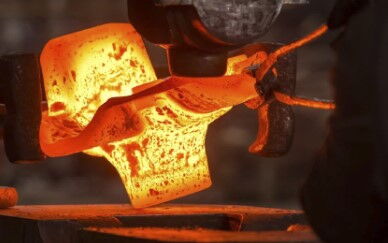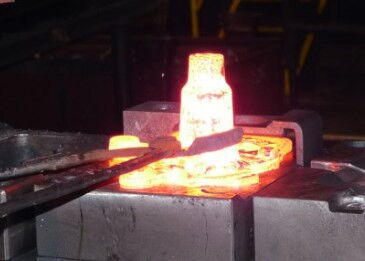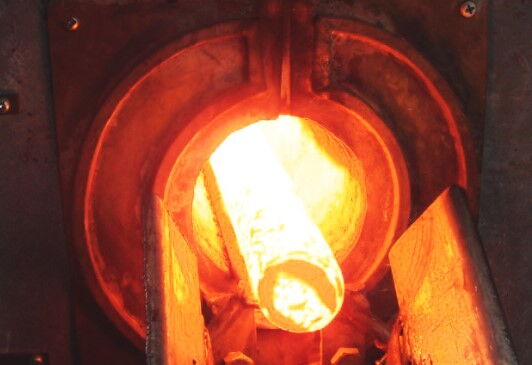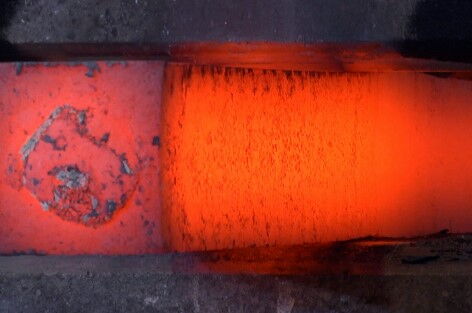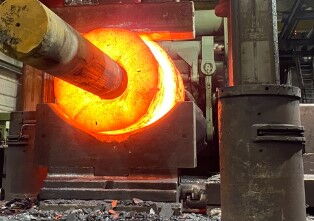Impact of Heat Treatment Factors on Stainless Steel Forgings
The mechanical properties of stainless steel forgings after residual heat quenching are influenced by multiple factors, including heating temperature, forging deformation temperature, deformation amount, deformation speed, holding time, quenching medium, and tempering temperature. By rationally controlling and optimizing these factors, the mechanical properties of stainless steel forgings can be significantly improved, thereby meeting the requirements of various industrial applications. This article...

